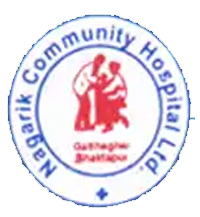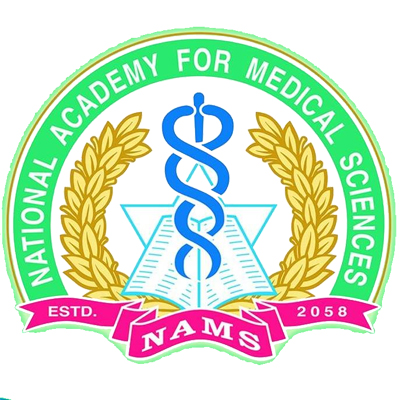Overview
The Maharajgunj Nursing Campus, established in 1956 in Nepal, stands as a beacon of excellence in nursing education. Initially named Mahabouddha Nursing Campus, it was rebranded following its relocation to a new building in 1985, supported by the Japanese government. Notably, the campus has evolved significantly over the years, introducing postgraduate programs in 1994, a 4-year B.Sc. Nursing course in 2005, and pioneering PhD Nursing programs since 2068. Celebrating its golden jubilee in 2006, the campus has made remarkable strides in infrastructure development, educational advancement, and policy reforms, attracting students nationwide through its competitive entrance exams. Its commitment to quality education is evident in its pursuit of accreditation from the University Grants Commission, aligning with its vision to produce exceptional nursing and midwifery professionals. Maharajgunj Nursing Campus is dedicated to shaping healthcare leaders through its innovative academic programs, state-of-the-art facilities, and global partnerships, thereby contributing significantly to Nepal's healthcare sector.
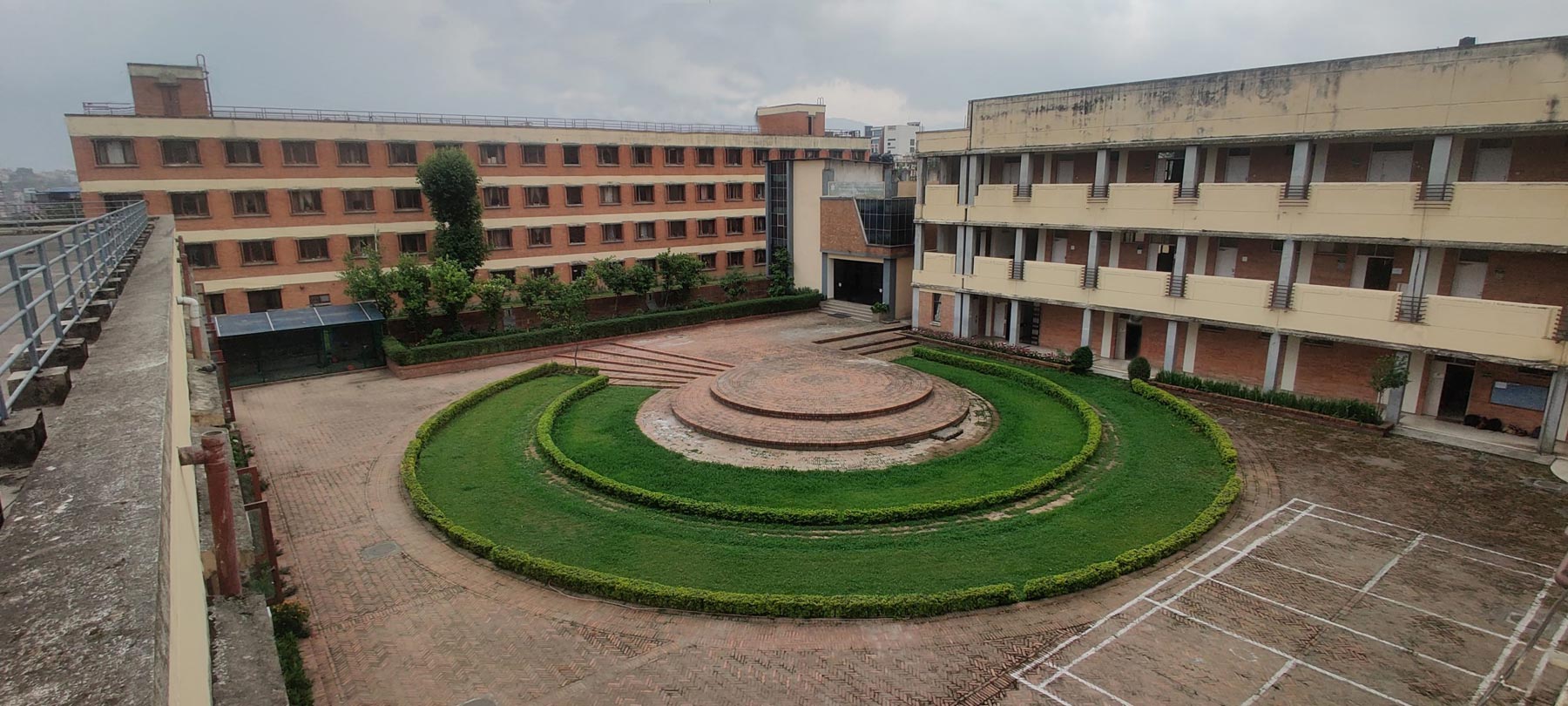
Historical Background
- Establishment: Maharajgunj Nursing Campus was founded in 1956 AD (2013 BS), marking a significant milestone in nursing education in Nepal.
- Evolution: In 1985, the campus moved to a new building aided by the Japanese government. This relocation marked the transformation of Mahabouddha Nursing Campus into Maharajgunj Nursing Campus.
- Academic Expansion:
- 1994: Introduction of postgraduate programs.
- 2005: Launch of a 4-year B.Sc. Nursing program.
- Since 2068: PhD in Nursing, with 4 PhDs awarded to date.
Celebrating Milestones
- Golden Jubilee: In 2006, the campus celebrated 50 years of excellence in nursing education, highlighting its enduring legacy and impact.
Development and Achievements
- Infrastructure and Educational Enhancements: The campus boasts significant advancements in physical infrastructure, educational department development, and curriculum updates.
- Human Resource and Economic Development: Focus on human resource development and economic sustainability has been a key factor in its growth.
- Policy Reforms: Adopting higher education policies, the Proficiency Certificate level was discontinued in 2072.
- Student Diversity: The campus attracts students from various districts, including the Kathmandu valley, through a competitive entrance exam.
Quality Assurance and Accreditation
- Advancing Quality Education: Efforts are underway to secure a quality assurance and accreditation certificate from the University Grants Commission.
- Five-Year Strategy: Post-receipt of the letter of intent from the Commission, the campus has developed a strategic plan aligned with higher education policies.
Vision and Mission
- Vision: To produce top-tier nursing and midwifery human resources, aligning with Nepal's national health goals and academic excellence.
- Mission: Focused on preparing nursing and midwifery professionals for a dynamic healthcare environment through academic excellence, innovative research, and global partnerships.
Strategic Goals and Objectives
Goals:
- Deliver high-quality nursing education.
- Train skilled nurses for national needs.
- Contribute to health services through academics.
- Advance nursing knowledge through research.
Objectives:
- Launch exceptional academic programs reflecting health care trends and needs.
- Develop an Education, Information, and Management System (EIMS).
- Set up well-equipped skill laboratories for student performance enhancement.
- Implement staff development programs for professional growth.
- Establish quality assurance mechanisms in collaboration with authorities.
- Develop global and national partnerships for learning expansion.
- Forge collaborative ties with universities and institutions worldwide.
Facilities at Maharajgunj Nursing Campus
Hostel
- Description: The campus hosts a spacious and well-equipped hostel within the premises of the Nursing College. It includes 142 double-bedded rooms, accommodating up to 284 students.
- Amenities: The hostel features a well-managed dining room and a visitor room, providing a comfortable living environment for students.
Library
- Resources: The library boasts the latest references for all nursing courses, serving as a vital academic resource.
- Internet Facilities: Students and faculty have access to various online resources like KOHA open access, medlines Pubmed, Hinari, Nepjol, and Asiajol.
- KOHA System: This open-source library management system facilitates efficient library management, including a web-based integrated software for library book database, thesis database, and document database. These resources are accessible through the KOHA website, with a barcode system for circulation work.
Community Field Areas
- Residential Fields Areas: The campus uses multiple locations like Chautara District Hospital, Charikot PHCC, and others for community postings, providing real-world experience.
- Concurrent Field Areas: Additional areas for community fieldwork include Sangla, Tokha, Dharmasthali, and more, broadening the scope of practical learning.
Transportation Facility
- Capacity: The college has two vehicles, each with a capacity of 40-45, for student transportation during community field visits and observational tours.
Extracurricular Activities
- Promotion of Extracurriculars: The Campus Student Welfare Committee organizes various programs, encouraging student participation.
- Events and Competitions: Students engage in celebrations like National and International Nursing Days, Breast Cancer Awareness Day, World Health Day, speech competitions, sports, and more.
Academic Facilities
- Simulation-Based Skill Lab: A cutting-edge facility for hands-on learning.
- Classroom Technology: All classrooms are equipped with LCD projectors, enhancing the learning experience.
Clinical Practice Fields
- Students gain practical experience in prestigious institutions like TU Teaching Hospital, Manmohan Cardiothoracic Vascular and Transplant Center, BP Koirala Lions Center for Ophthalmic Studies, Shahid Gangalal National Heart Centre, Kanti Children Hospital, Patan Mental Hospital, Paropakar Maternity & Women’s Hospital, Sukraraj Tropical & Infectious Disease Hospital, and Bharatpur Cancer Hospital
, ensuring comprehensive clinical training.
Courses Offered:
1. Bachelor of Nursing Science (BNS)
- Description: This program offers a comprehensive curriculum focusing on various aspects of nursing, preparing students for diverse roles in the healthcare sector. It integrates theoretical knowledge with practical skills to ensure well-rounded nursing professionals.
- Specializations:
- Community Health Nursing
- Adult Health Nursing
- Child Health Nursing
- Psychiatric Nursing
2. BSc Nursing
- Description: The BSc Nursing program is designed to provide an in-depth understanding of nursing science. It combines rigorous academic coursework with hands-on clinical experience, preparing graduates for advanced nursing practices and leadership roles.
3. Bachelor in Midwifery Science
- Description: This program focuses on maternity care, providing students with the knowledge and skills required for effective midwifery practice. The curriculum covers all aspects of prenatal, antenatal, and postnatal care.
4. Master in Nursing (MN)
- Description: The MN program is aimed at developing advanced practice nurses with expertise in specialized fields. It offers an opportunity for nurses to advance their knowledge, skills, and careers in the nursing profession.
5. Ph.D. Nursing Program
- Description: The Ph.D. program in Nursing is designed for those seeking to contribute to the nursing profession through research. It prepares students for roles in academia, research, and senior administrative positions in healthcare.
Admission Requirements
- For Ph.D. Nursing Program: Candidates must have completed a Master’s in Nursing with at least a second division or equivalent.
Academic Departments
a. Midwifery Department b. Adult Nursing c. Pediatric Nursing d. Psychiatric Nursing e. Community Health Nursing f. Fundamental of Nursing g. Nursing Management h. Research and Education
Available Seats
- BNS (Community Health Nursing): 14 seats
- BNS (Adult Health Nursing): 20 seats
- BNS (Child Health Nursing): 10 seats
- BNS (Psychiatric Nursing): 6 seats
- Bachelor of Science in Nursing (B.Sc Nursing): 40 seats
Each of these courses and departments at Maharajgunj Nursing Campus is tailored to meet the evolving needs of the healthcare sector, ensuring that graduates are well-prepared to make significant contributions to the field of nursing and healthcare at large.
Contact Maharajgunj Nursing Campus's administrative office for detailed information on the course, admissions, location, fees, scholarships, facilities, counseling, or eligibility.




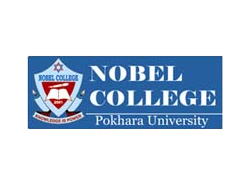
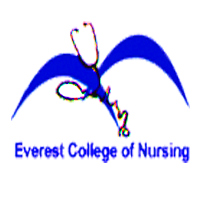

.png)
